Mosquito
-

Immune and circulatory systems are functionally integrated in all insects, Vanderbilt biologists demonstrate
A new study shows that insect immune and circulatory systems cooperate to fight infection, similar to those in mammals. Read MoreDec 16, 2020
-
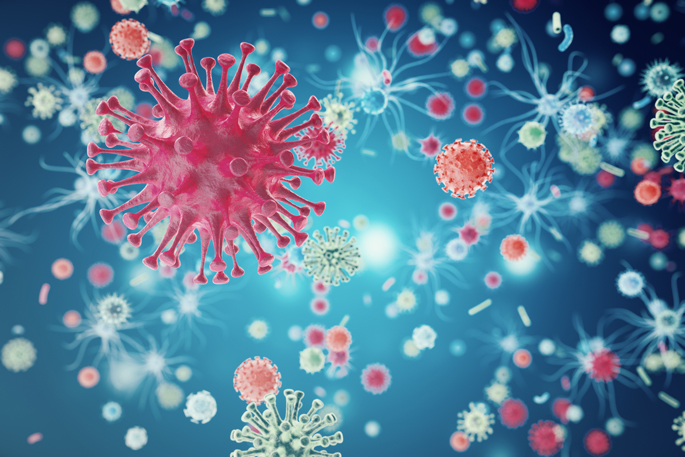
Evolution of a deadly virus
Genomic sequences have revealed that Florida is a major source of a mosquito-borne virus that causes disease in horses and humans. Read MoreMay 23, 2018
-
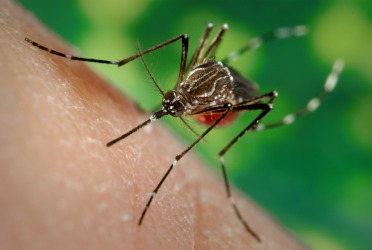
Alphavirus “Achilles heel”
Targeting the protein that mosquito-borne viruses use to enter cells could be a strategy for preventing infection by multiple emerging viruses. Read MoreMay 17, 2018
-
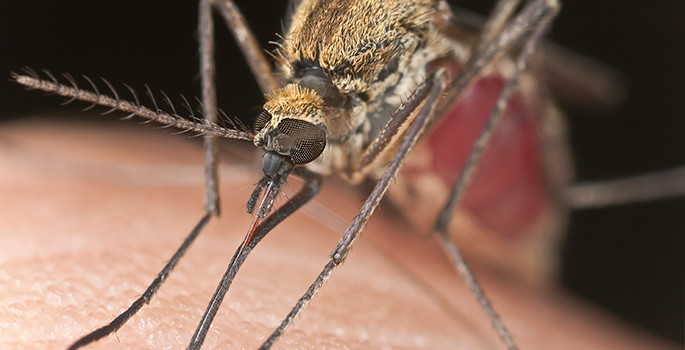
Unraveling genetic mystery next step in Zika and dengue fight
How a bacteria hijacked insect fertility remained a mystery for five decades, until Associate Professor of Biological Sciences Seth Bordenstein and his team helped solve it. Read MoreApr 23, 2018
-

For female mosquitoes, two sets of odor sensors are better than one
A team of Vanderbilt biologists has found that the malaria mosquito has a second complete set of odor receptors that are specially tuned to human scents. Read MoreMar 15, 2017
-
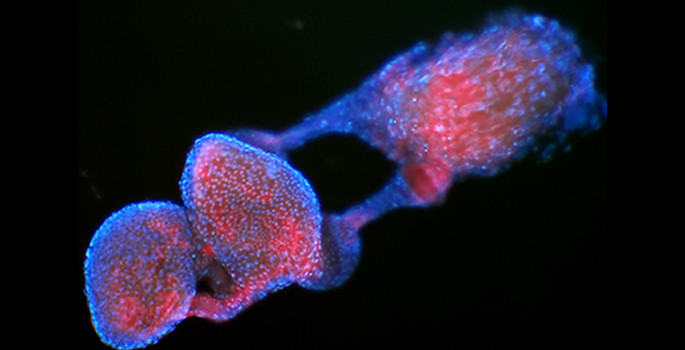
New tool for combating mosquito-borne disease: insect parasite genes
Genes used by the insect parasite Wolbachia to control its hosts' reproduction can be used to help control the spread of mosquito-borne diseases like dengue, Zika and malaria. Read MoreFeb 27, 2017
-
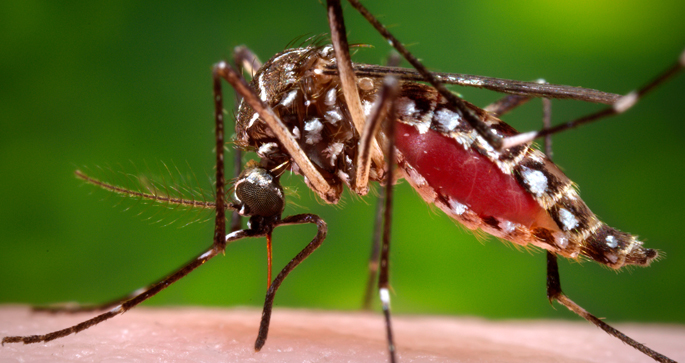
Investigators explore new way to control mosquitoes
In a new study, Vanderbilt pharmacologist Jerod Denton, Ph.D., Ohio State entomologist Peter Piermarini, Ph.D., and colleagues report an experimental molecule that inhibits kidney function in mosquitoes and thus might provide a new way to control the deadliest animal on Earth. Read MoreDec 1, 2016
-
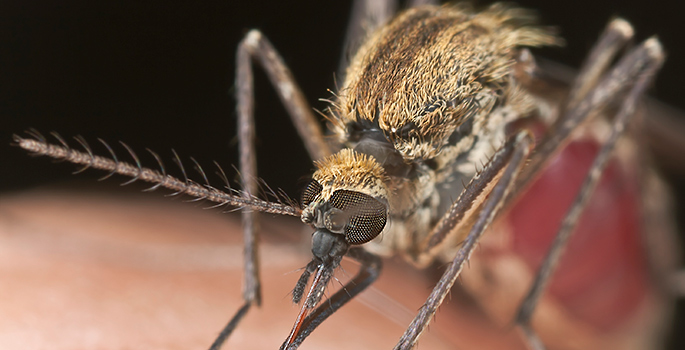
Mosquito facts and fictions
Mosquito researcher Jason Pitts collects interesting facts and stories about his research subjects, nature’s ultimate bioterrorists. Read MoreSep 9, 2014
-
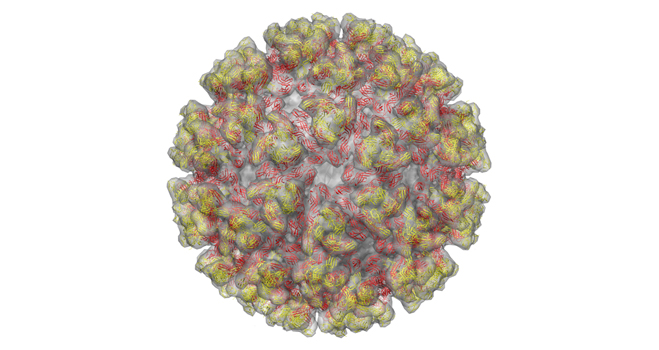
Target cell entry to halt Chikungunya virus
Understanding how chikungunya virus binds to and enters cells offers a new target for antiviral medications. Read MoreApr 28, 2014
-

VUCast: Mosquito sperm can smell
See how a discovery about mosquito sperm could fight deadly disease; learn where to click for the coolest original music created by Vanderbilt students; and tour the newest evolution of College Halls. All this and more in the latest VUCast, Vanderbilt’s online newscast. Watch now. Read MoreMar 4, 2014
-

Mosquito sperm have a sense of smell
Vanderbilt biologists have discovered that mosquito sperm have a “sense of smell” and that some of same chemicals that the mosquito can smell cause the sperm to swim harder. Read MoreFeb 3, 2014
-

VUCast: See stars at space camp
Get ready to see stars– We’re taking you to space camp. See why mosquitoes bite you more than others Why you should get “Pinterested” in Vanderbilt! All this and more in this week’s VUCast, Vanderbilt’s online newscast. Watch now. [vucastblurb]… Read MoreJul 31, 2013
-
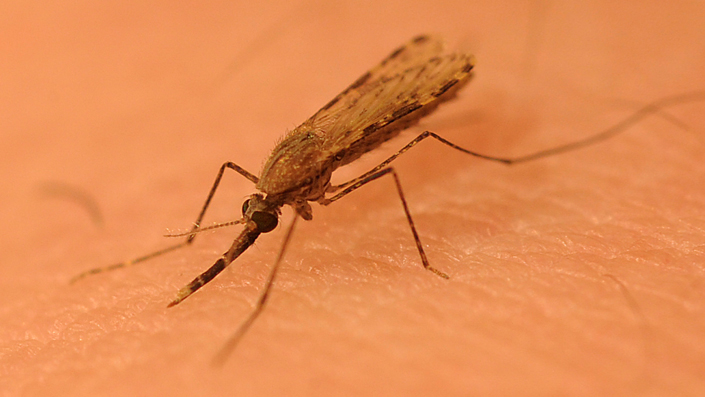
Wall Street Journal: Who gets more mosquito bites?
It is peak mosquito season, and while some lucky outdoor venturers seem unperturbed by the tiny insects, others appear to be relentlessly assaulted. Laurence Zwiebel, Cornelius Vanderbilt Professor of Biological Sciences, explains the most common culprits. Read MoreJul 17, 2013
-

Chemical causes kidney failure in mosquitoes: study
Researchers are targeting a possible new weapon in the fight against malaria, science that could also be applied in the fight against other devastating mosquito-borne illnesses, according to a Vanderbilt study published in PLOS ONE. Read MoreMay 31, 2013
-
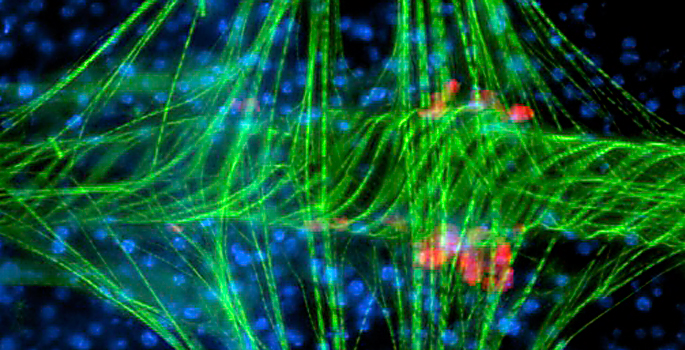
Mosquitoes as involuntary bioterrorists
Vanderbilt biologists have discovered that mosquitoes possess a previously unknown mechanism for destroying pathogens which takes advantage of the peculiarities of the insect’s circulatory system to increase its effectiveness. Read MoreNov 29, 2012
-
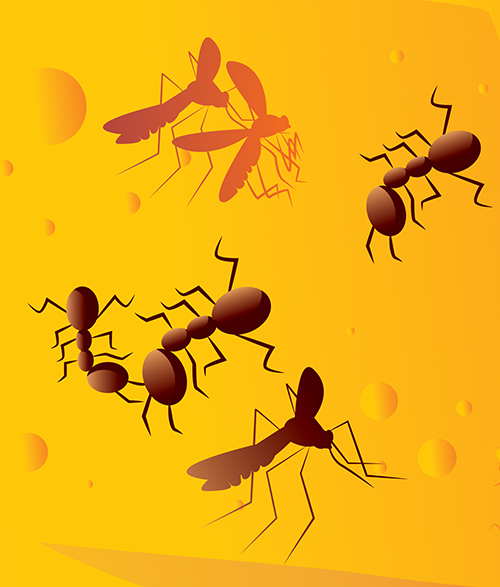
Zwiebel Lab adds ants to its research repertoire
After more than a decade spent successfully decoding the malaria mosquito’s sense of smell, the Zwiebel Lab has added ant olfaction to its research repertoire and has just received a major grant to pursue this new avenue for the next four years. Read MoreSep 13, 2012
-

Video: New, strong insect repellent discovered
Vanderbilt researchers have discovered a new insect repellent compound that may be thousands of times stronger than DEET, the active ingredient currently in common mosquito repellents. This new compound is the first of its kind in the world. … Read MoreApr 11, 2012
-
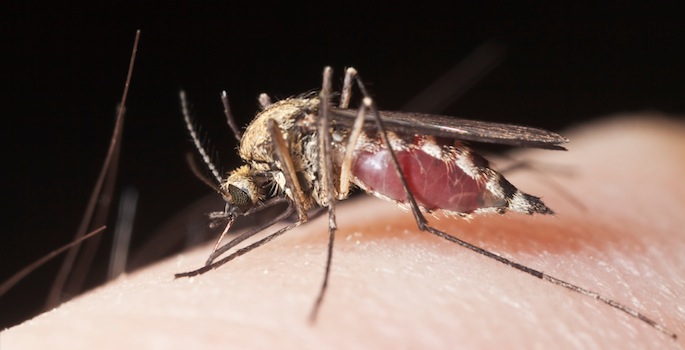
Science Nation: New mosquito repellant could be frightening…for mosquitoes
http://www.nsf.gov/news/special_reports/science_nation/nosingoutmosquitoes.jsp Read MoreMar 6, 2012
-

Vanderbilt biologist recognized by entomology society
Julian Hillyer is the 2012 recipient of one of the Entomological Society of America’s annual recognition award. Read MoreFeb 27, 2012
-

VUCast Newscast: Vanderbilt on “Grey’s Anatomy”
This Week on VUCast, Vanderbilt’s weekly newscast highlighting research, experts, students, sports and everything Vanderbilt: A Vanderbilt doctor’s amazing surgery lands on “Grey’s Anatomy” Scientists create a breakthrough bug repellant A Vandy minister’s actions honored by the White House [vucastblurb] … Read MoreNov 4, 2011